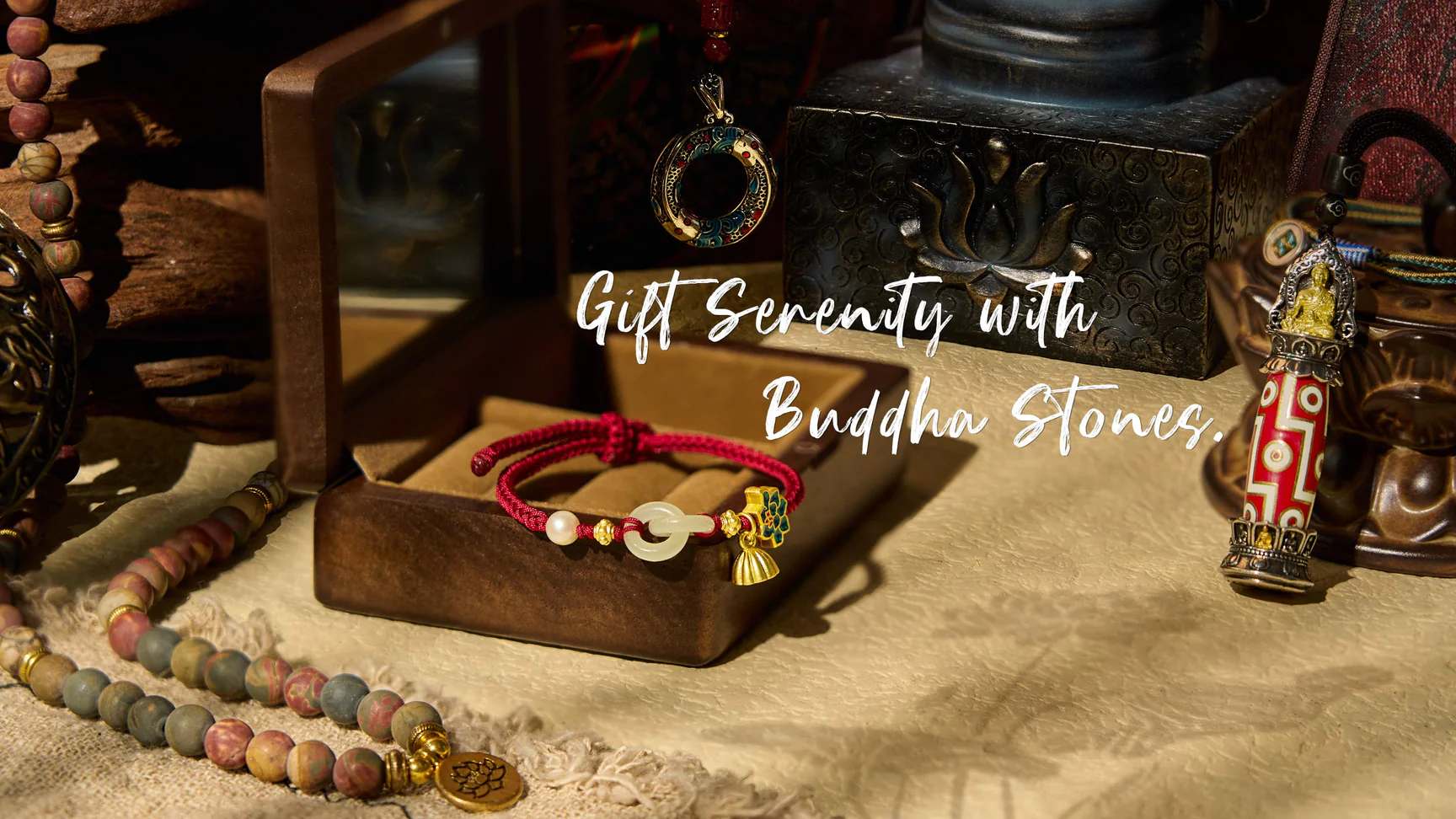You spot a spider skittering across your bathroom floor or nestled in the corner of your living room ceiling. Your first instinct might be to grab a tissue and end its journey then and there. But before you reach for the nearest shoe, consider this: that eight-legged creature might be doing you a quiet, important favor.
As unnerving as spiders can be to many of us, they are essential allies in our homes and in the natural world. Rather than being unwelcome invaders, they are more like secret caretakers—an unheralded defense against less helpful pests.
A Silent Presence in Every Home
It may surprise you to learn that almost every home, no matter how clean or modern, hosts spiders. In a study I conducted with fellow entomologists across 50 homes in North Carolina, we found spiders in every single one. Some had found their way inside by accident, while others had made our homes their permanent residence. Two of the most common species? Cobweb spiders and cellar spiders.
These spiders tend to be shy, avoiding humans and preferring quiet corners where they build their webs and wait patiently for prey. Occasionally, cellar spiders even leave their webs to hunt down and eat other spiders—a kind of natural pest control within your walls.
Nature’s Pest Patrol
Spiders are generalist predators, meaning they’ll feast on any insect they can catch. This includes many of the nuisances that bother humans most: flies, mosquitoes, and even disease-carrying pests. In fact, one particular species of jumping spider in Africa shows a unique preference for mosquitoes that have just fed on human blood—quite the helpful housemate, wouldn’t you say?
By killing a spider, you may be removing a beneficial predator that helps manage the balance of pests in your home. In a way, it’s like dismantling a miniature, organic security system.
Fear Versus Fact
Arachnophobia is one of the most common phobias, and it’s easy to see why. With their many legs, erratic movements, and reputation for venom, spiders make many people uneasy. But most spiders are not only harmless to humans—they actively avoid us.
While it’s true that nearly all spiders are venomous to some degree, very few possess venom strong enough to harm people. Even then, most of them can’t bite through human skin. Species like the black widow or brown recluse can pose a risk, but bites from these spiders are extremely rare and rarely result in severe outcomes.
As an entomologist, I’ve seen even some of my peers struggle with a fear of spiders. Yet, time and exposure often reveal just how fascinating and important these creatures truly are.
Coexisting with the Unseen
Here’s a simple truth: whether you see them or not, spiders are in your home. And that’s perfectly natural. Most of them stay hidden, go about their business quietly, and prefer to keep their distance. The reality is, they’ve probably been there longer than you think, helping to manage the ecosystem of your living space.
If you come across one and still feel uneasy, try capturing it in a cup and gently releasing it outside. It’ll find another spot to call home, and you’ll have avoided an unnecessary killing.
But if you can tolerate its presence—or better yet, appreciate it—consider letting it be. Think of the spider as a subtle steward, keeping the less pleasant bugs in check while asking for nothing in return.
A Shift in Perspective
Changing how we think about spiders requires a bit of compassion, curiosity, and maybe even a dash of bravery. Instead of reacting with fear, take a moment to observe. That spider in the corner might be crafting an intricate web, hunting a bothersome gnat, or simply resting in the only safe space it could find.
Learning to live with these creatures, rather than seeing them as threats, invites us into a deeper relationship with the ecosystems we share—even within the walls of our homes.
So the next time you spot a spider, pause.
It’s not an intruder. It’s an unsung helper, weaving its web quietly in service to the greater balance.
Let it live. And in doing so, you just might feel a little more at peace in your own home.



